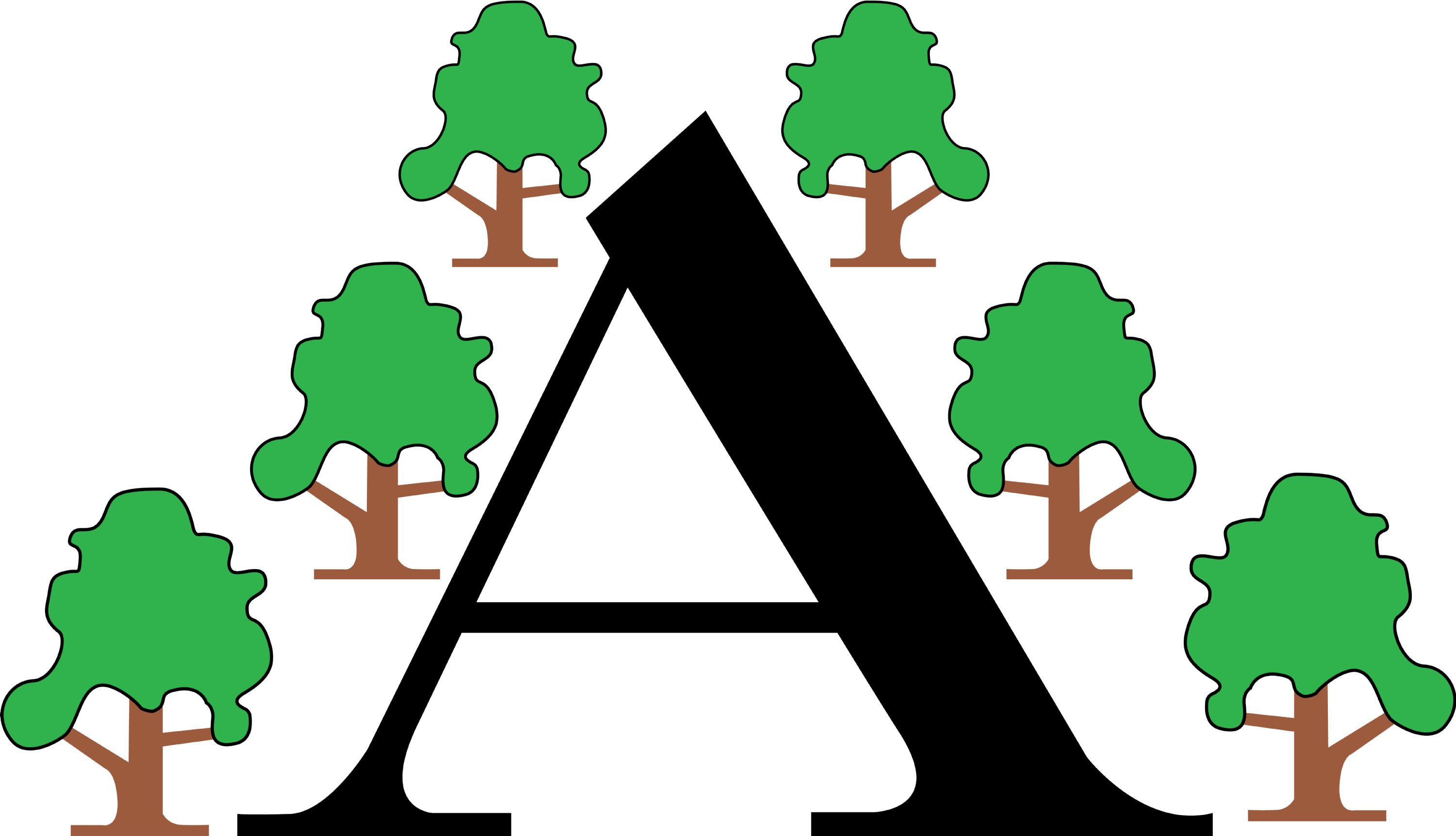Design and Technology
Curriculum Intent: Design and Technology

Possibilities - To have high aspirations and know all of the opportunities available to them.
Growth - To recognise and celebrate their own individual journey, understanding their own uniqueness and strengths and those of others
Communication - To have high levels of oracy; having a rich and wide vocabulary to be able to explain their own ideas and thinking and be able to collaborate and respond to others.
Whole school curriculum vision for Design and Technology |
|
|
Possibilities To have high aspirations |
Our vision for DT is for our children to have the opportunity to see design processes through from beginning to end. Becoming the designer and creator of their own inventions. We will teach children the practical skills to enable them to bring their visions to life, working both individually and as part of a collaborative team. Children will learn and grow in their ability to evaluate and develop their products to improve both the skills and techniques that they need to succeed. |
|
Growth To recognise and celebrate their own individual journey |
Children will be able to grow and develop both their design skills and their practical abilities whilst taking part in DT lessons. They will build upon skills learnt in previous year groups, whilst also growing and developing their visions for designs. They will also be able to grow in their ability to evaluate and improve creations, knowing where to add or develop aspects. |
|
Communication To have high levels of oracy |
Our Design and Technology curriculum will give children a wealth of opportunities to use their communicative skills, whilst using key vocabulary appropriate to topic and skills being used. During DT lessons, children will have the chance to collaborate with their peers, giving them time to share ideas, evaluate designs and work on team work skills. |
Implementation:
Our pupils should be able to organise their knowledge, skills and understanding into the following threshold concepts:
- Master practical skills (in food, materials, textiles, electricals and electronics, computing, construction, mechanics)
- Design and make
- Create, evaluate and test
These key concepts underpin the children’s learning through the year groups from Reception to Year 2. This enables pupils to reinforce and build upon prior learning, make connections and develop subject specific language.
The vertical accumulation of knowledge and skills from Years R to 2 is mapped as follows:
Progression in Threshold ConceptsThe procedural and semantic knowledge pupils need to understand the threshold concepts |
|||
Threshold Concepts |
Reception Step - Foundations to Basic |
Year 1 Step - Basic |
Year 2 Step - Advancing to Deep |
|
DT1 - Master practical skills (in food, materials, textiles, electricals and electronics, computing, construction, mechanics) |
See Curriculum Breadth map |
||
|
DT2 - Design, create and make |
Create products for a reason |
Design, make, refine and improve products to solve real life problems |
|
|
DT3 - Evaluate and test |
Begin to make observations and express opinions about a product |
Use subject specific language to evaluate the success of a product (existing or own) |
|
Threshold Concepts |
End Point |
| DT1 - Master practical skills (in food, materials, textiles, electricals and electronics, computing, construction, mechanics) |
By the end of Year 2... Children will be able to master a wide range of skills through practical and creative activities. They will be able to create their own products by following the process of designing, making and evaluating their work. By the end of Year 2 children will have had the opportunity to create in a range of relevant environments, drawing on skills they have refined throughout KS1. Children will also be able to develop their products by using a range of tools and materials, whilst collaborating with others to work together towards an end goal. |
| DT2 - Design, create and make | |
| DT3 - Evaluate and test |
Aspirations For The Future
Pupils develop an understanding of how subjects and specific skills are linked to future jobs.
Here are some of the jobs you could aspire to do in the future related to Design and Technology:
· Automotive engineer
· Carpenter
· Theme park designer
· Videogame Studies Researcher
· Costume designer
For more careers, please visit First Careers
Impact
Assessment
Through the explicit teaching of the Design and Technology skills, both the teachers and the pupils assess their learning continuously throughout the lesson. Our assessment systems enable teachers to make informed judgements about the depth of their learning and the progress they have made over time.
Pupil Voice
"It's Design Technology. It means you plan it, do it, ten test it".
”First we planned it, then we made it, then we ate it."
"I didn't like the grapes, they had no flavour, we wrote about it after to say what we did or don't like".
Snapshots
Here is what Design and Technology looks like at The Avenue:


